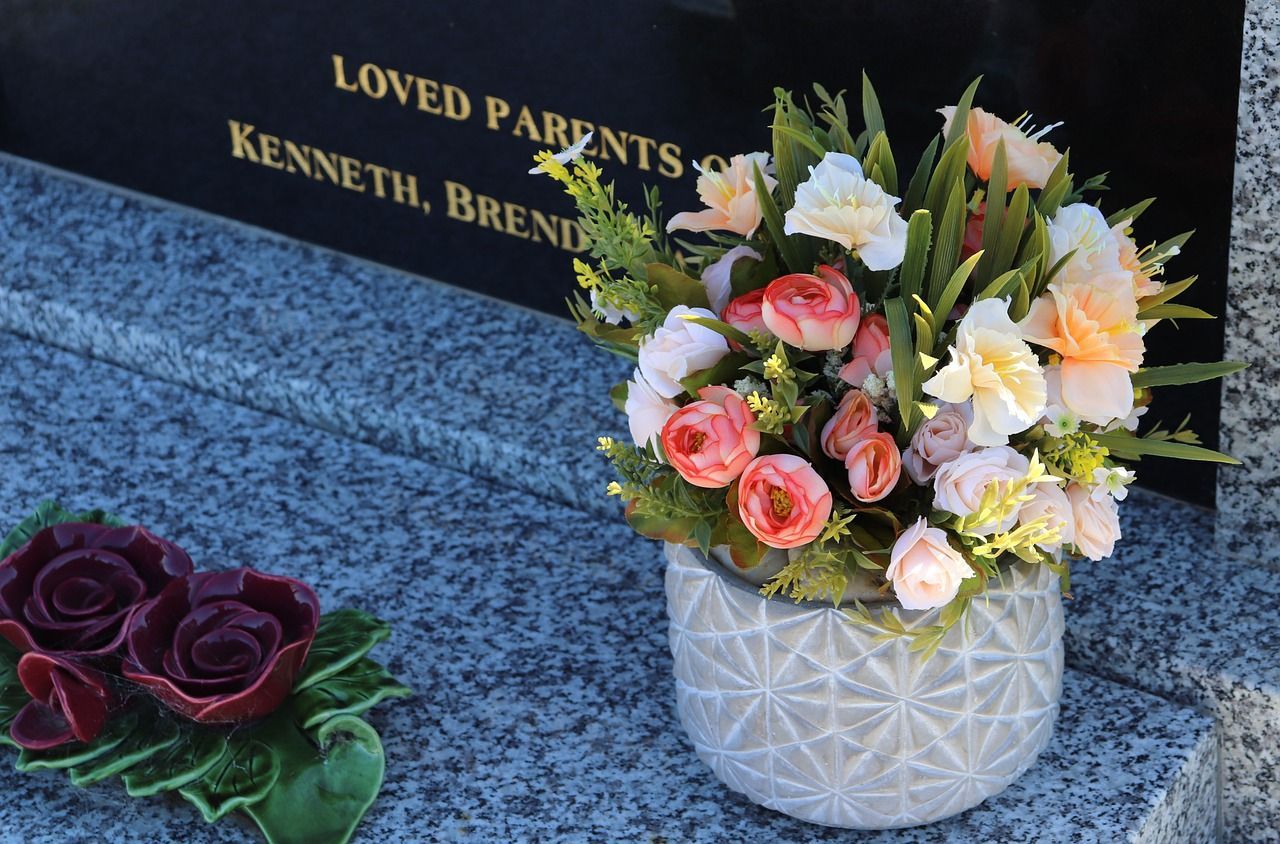Writing Condolence Messages
Writing a condolence message might be difficult and delicate after someone has passed away. Remember that those organizing the funeral will likely be grieving and anxious about the task. Therefore, you should write a courteous note and avoid saying anything that could offend or irritate the family. Funeral homes in Lakeville, MN help you with tips on writing condolence letters.
This article will assist you if you are stuck writing a condolence message following the death of a loved one. Funeral home directors include five tips to consider when writing a condolence message.
Keep It Brief
Your condolence message should be brief, heartfelt, and direct. The bereaved person will get many condolences, so there’s no need to go overboard. Your message should be at most five sentences. Begin with a cordial greeting. Then, tell a quick tale or reminiscence about the descendent after that, if you have one. Last but not least, provide any assistance or support you can.
Do Not Include Inappropriate Comparison
Although it may seem wonderful to say, “I understand your pain,” “I know how you feel,” or “the deceased is in a better place,” you should refrain from saying such words. Strictly stick to sympathy. You cannot possibly understand how another person feels, even if you have experienced a comparable circumstance. The message recipient might believe their experience is not as significant as it is.
Adapt It To Suit Your Needs
Try to express your true feelings when writing the condolence message. If you can, attempt to recall a kind memory of the deceased person or list a few qualities you like about them. It’s a good idea to include something concrete you’ll do after your note.
Don’t Talk About The Tragedy
You don’t need to go into great detail in your condolence message on how the person passed away. Just say, “I’m sad Molly died,” no more. Avoid discussing the manner of death because doing so will make individuals feel even more depressed.
Observe The Person’s Religious Beliefs
If the person who passed away was deeply religious, it’s acceptable to say something like “Mark is in our prayers,” even if you are an atheist. However, be careful not to offend anyone when discussing religion in your condolence note. Just send your sympathies and well wishes if you don’t know what faith the bereaved family practices.
How to Compose a Condolence Letter
Sending a condolence card should primarily serve the purpose of expressing your sincere regret to the recipient. Gifts and condolences are important when determining what to include in a sympathy card since they demonstrate your concern for the individual who has lost a loved one. Be careful not to write lengthy messages because the person will probably receive several condolence cards.
It’s crucial to seek help while expressing grief
and condolences. You can send the appropriate tone with a formal message, a religious benediction, or a private letter to express your condolences but remember to exercise good manners, kindness, respect, and awareness.
A condolence note lets you speak from the heart and say things to help the bereaved feel comfortable and at ease when times are tough. Contact funeral homes in Lakeville, MN, if you need assistance organizing a funeral for your loved one.














